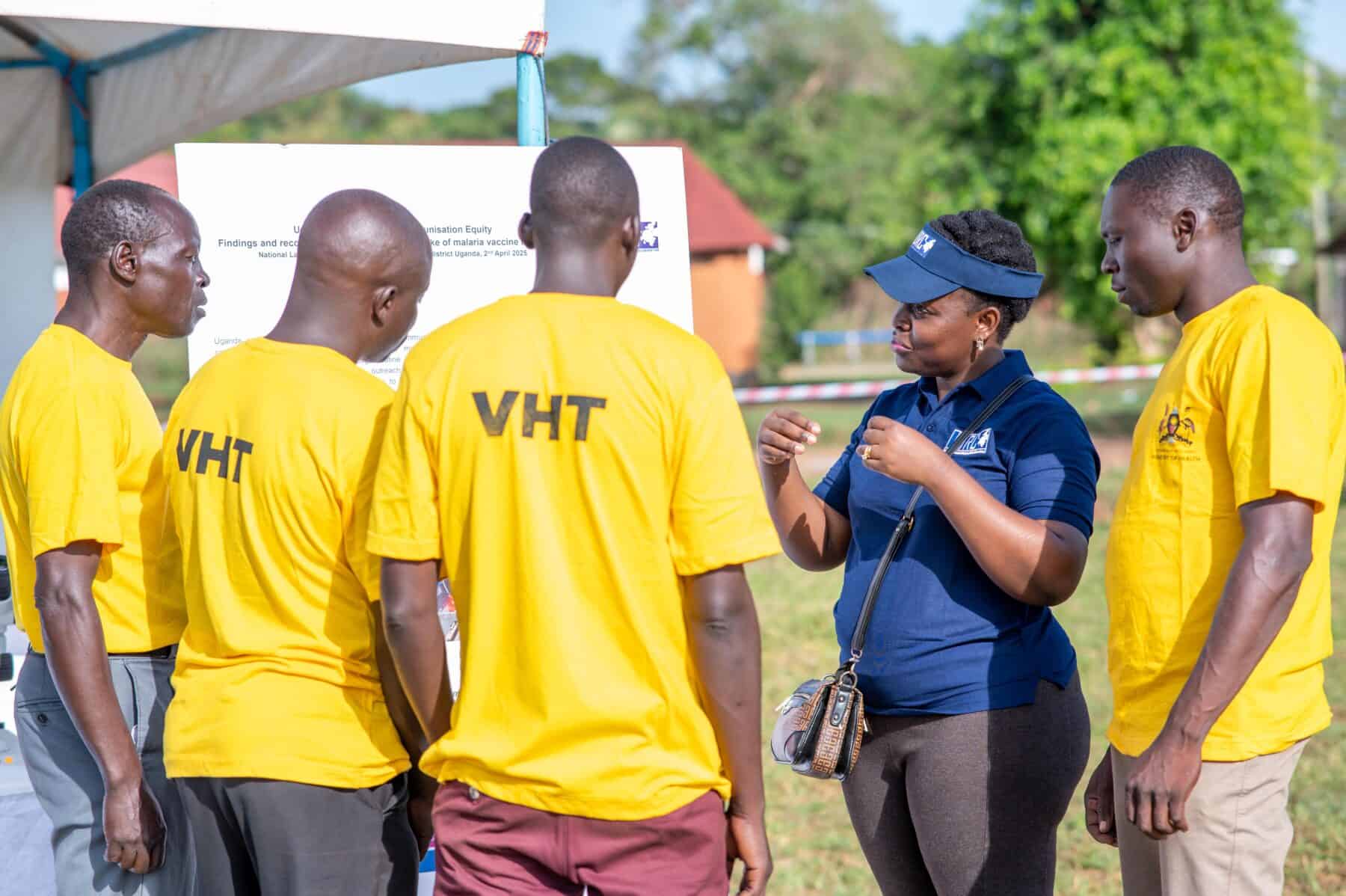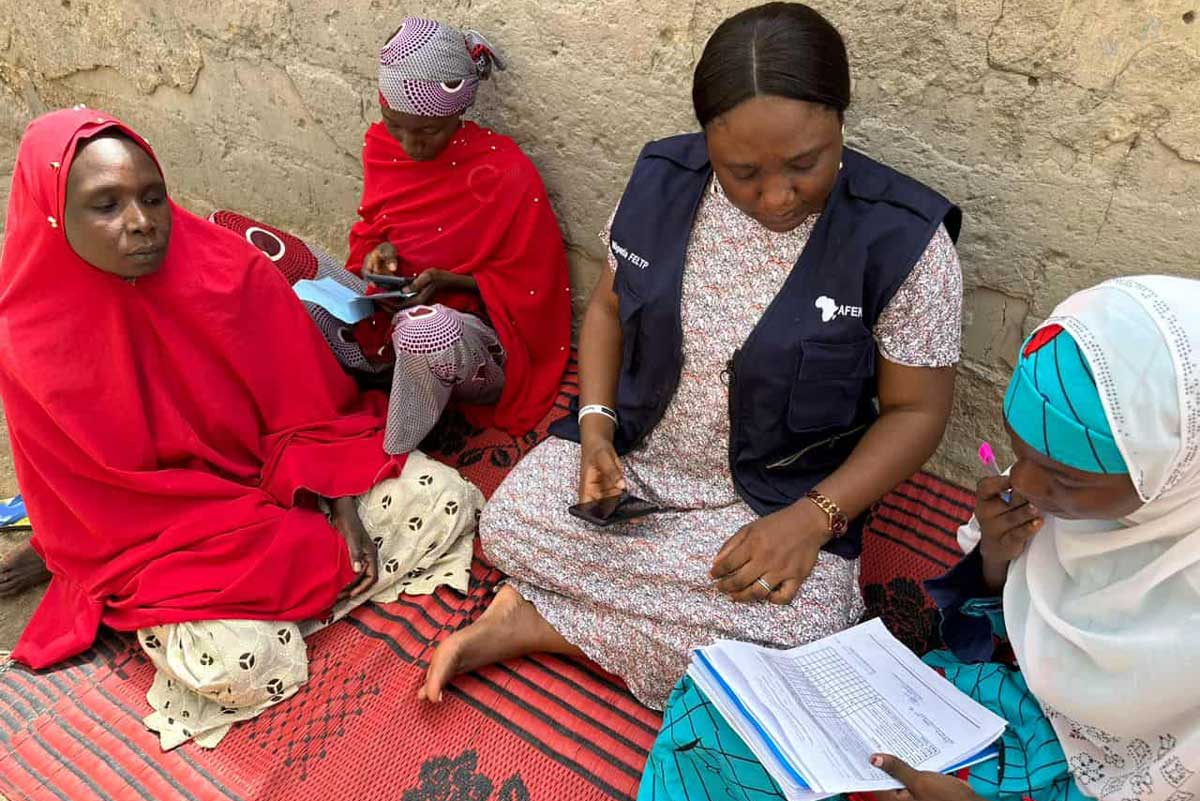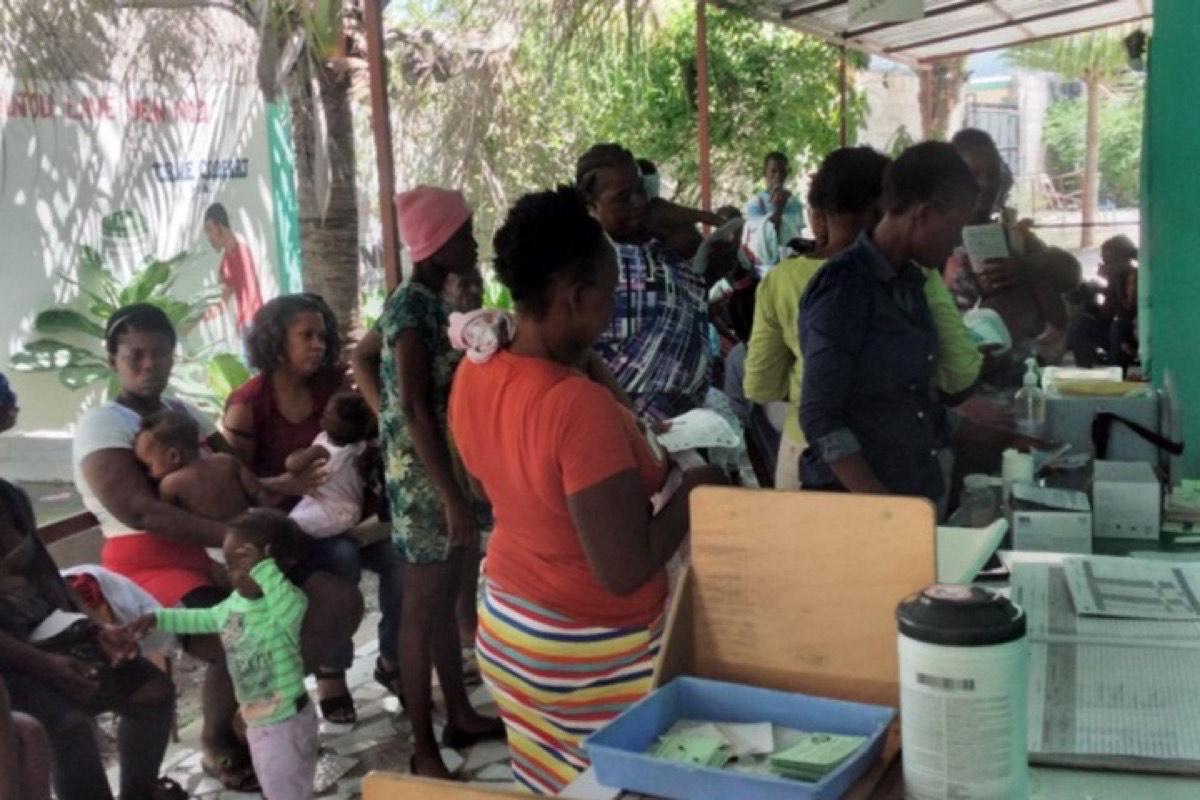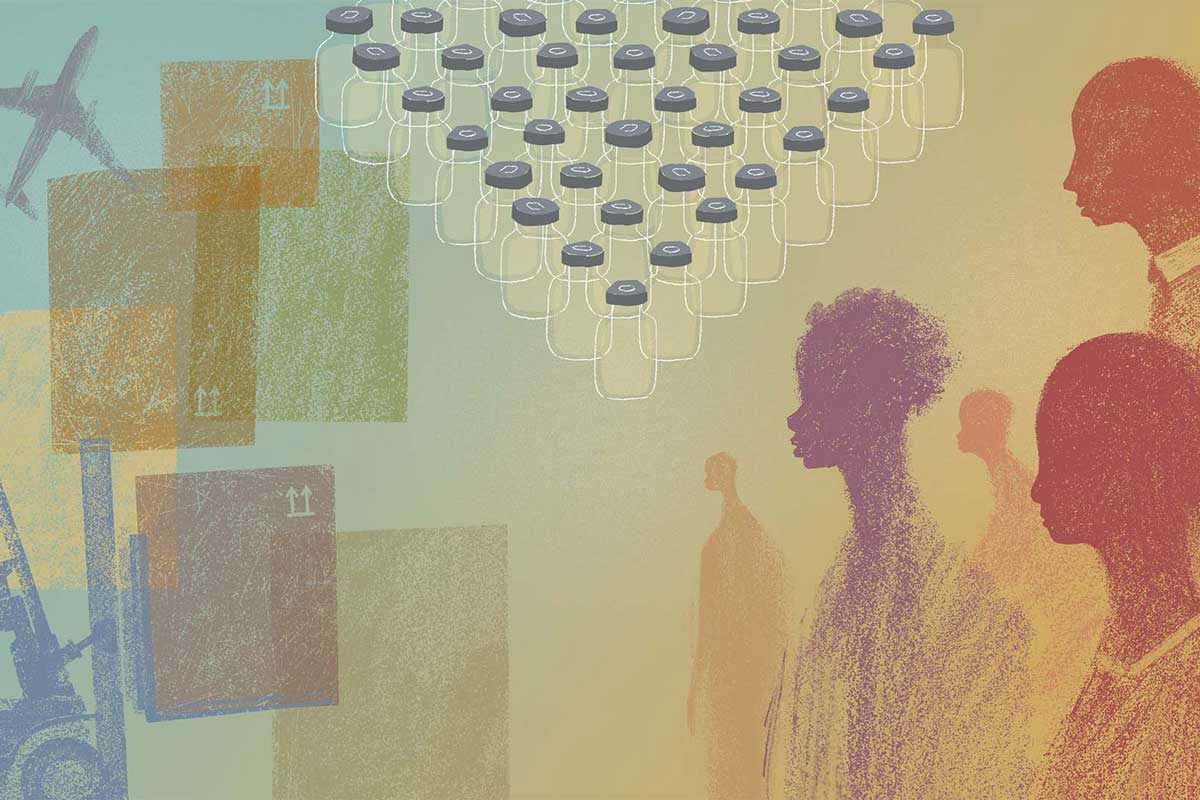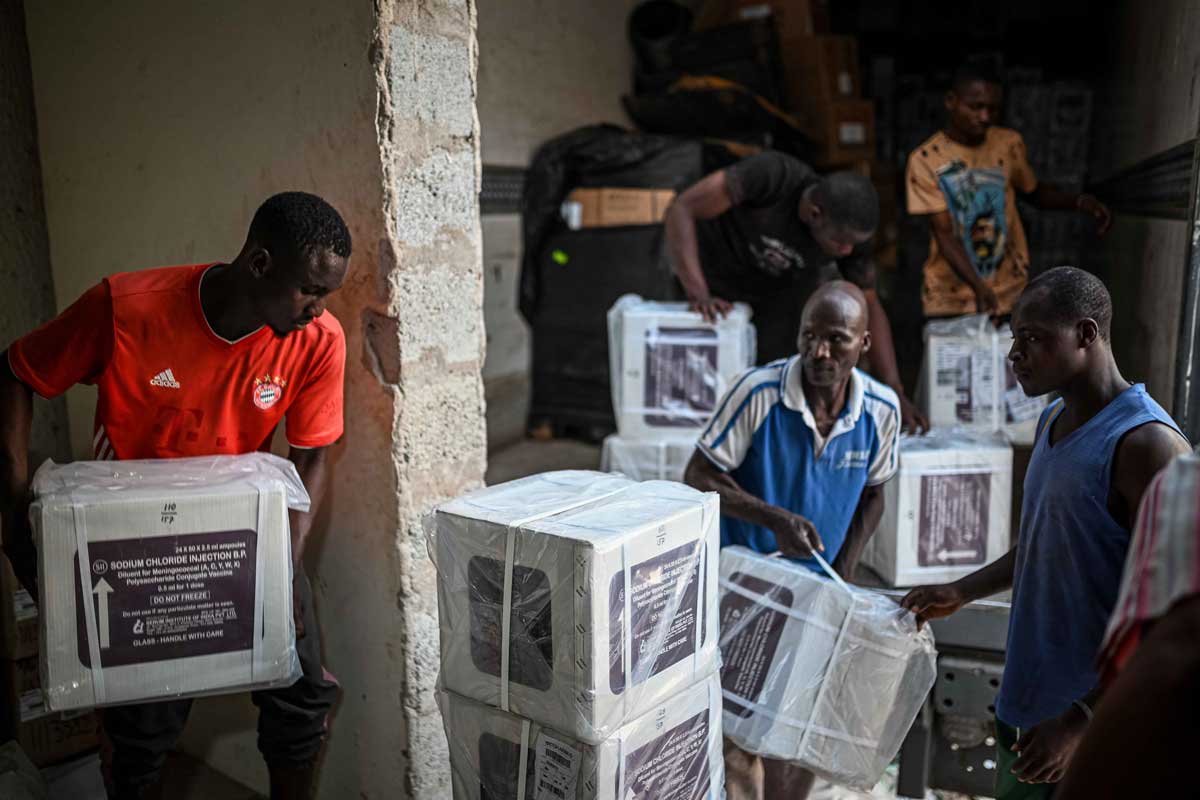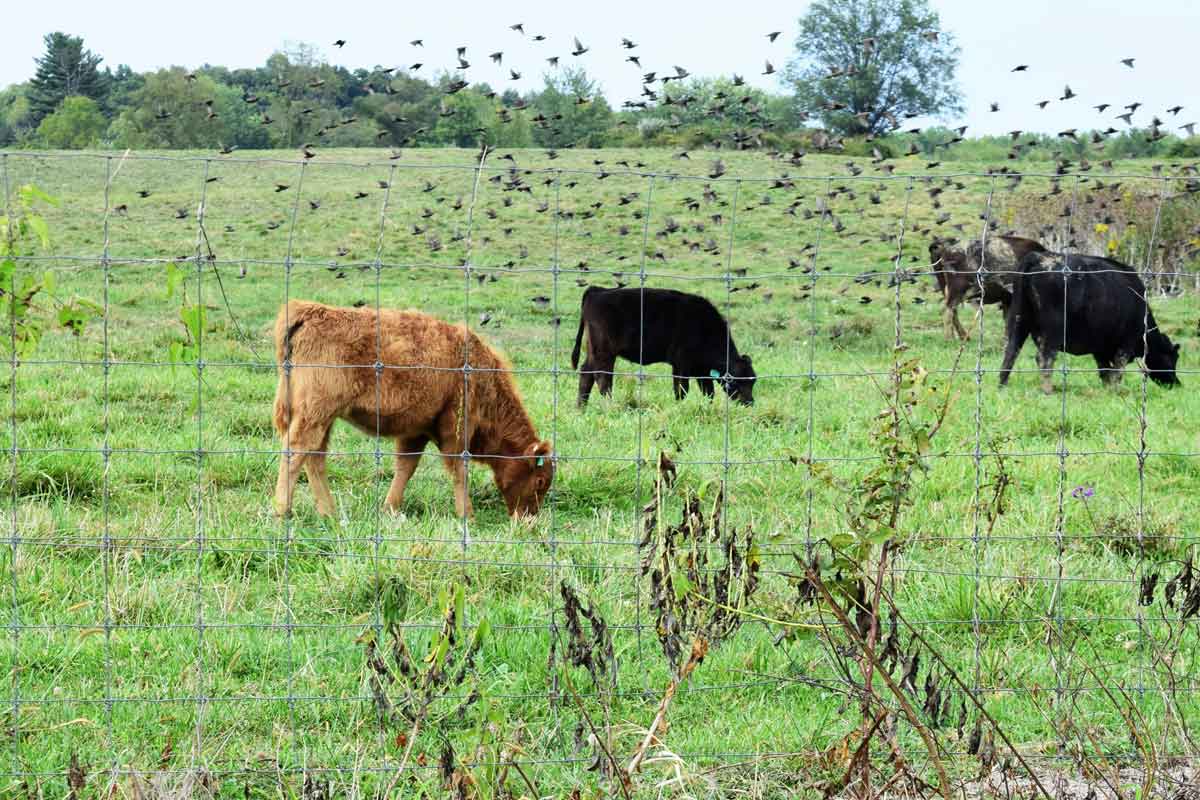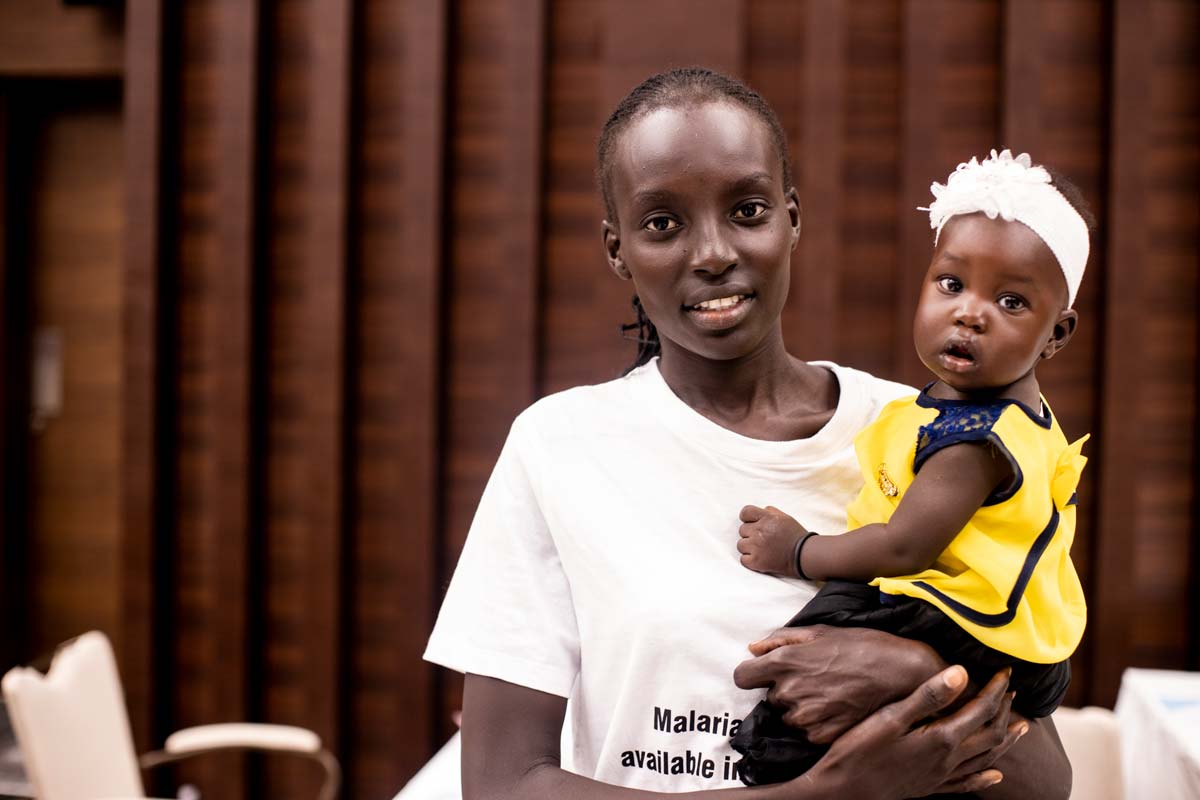Bridging the Gap: The Power of Knowledge Translation in Global Health
Knowledge translation serves as the bridge between research and real-world application. JSI are dedicated to turning knowledge into tangible change.
- 25 March 2025
- 4 min read
- by JSI
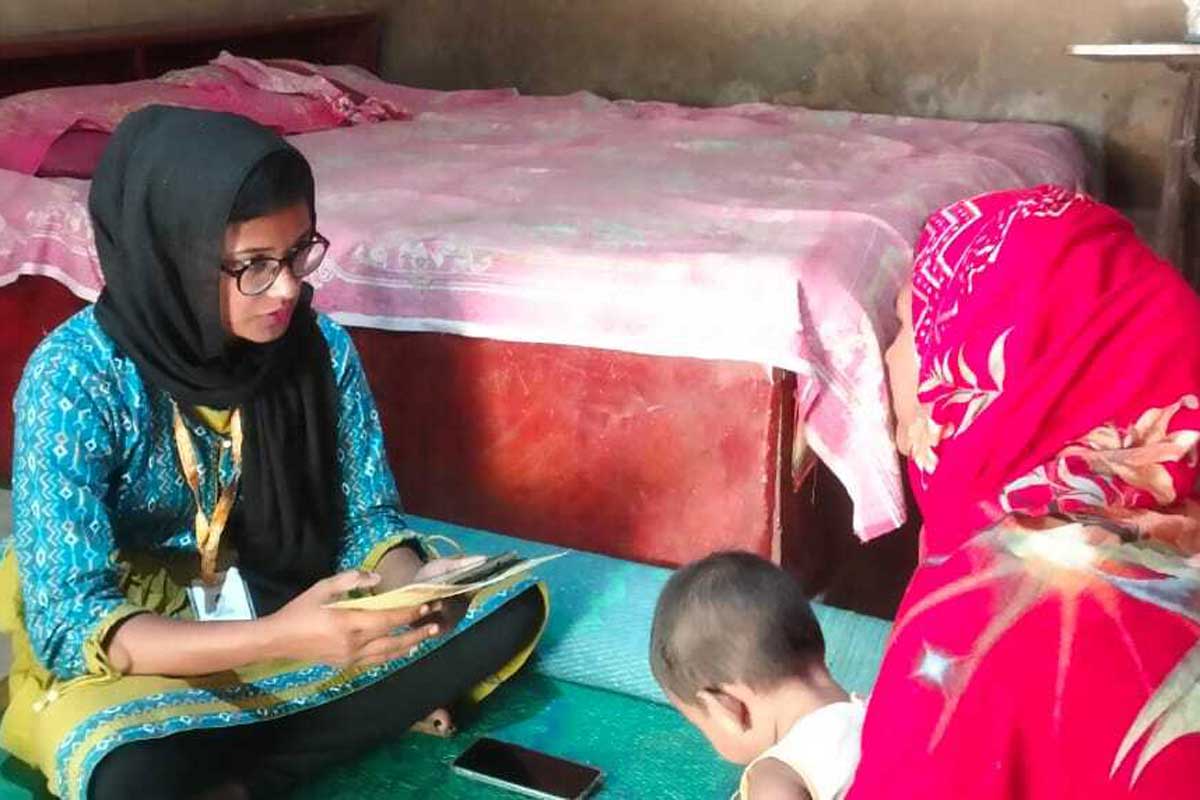
Global health research findings have the potential to transform lives. However, collecting, analyzing, and publishing data is not enough. For learnings to make a real-world impact, they must be applied to shape policies, guide interventions, and improve health outcomes. This is why knowledge translation (KT) is so valuable: KT serves as the bridge between research and real-world application. At JSI, we are dedicated to turning knowledge into tangible change.
What is KT?
At its core, KT ensures that research findings are used to improve practices and policies in addition to being catalogued in research reports and peer-reviewed journals. Most findings are merely disseminated across channels or platforms. KT reaches beyond dissemination to ensure that knowledge is put into action; this can look like adapting policies, informing interventions, or improving health services.
KT unfolds across several stages:
- Dissemination: Sharing research findings with stakeholders, decision-makers, or health workers.
- Transmission: Ensuring that findings are communicated clearly and are relevant to the specific context.
- Acquisition: Ensuring stakeholders actively receive, understand, and retain the knowledge shared.
- Application: Translating knowledge into actions and strategies that improve practices, policies, or health services.
- Impact: Measuring the real-world effect of the efforts, or whether the changes led to improvements in health coverage or outcomes.
The KT Toolkit: Turning Knowledge into Action
Building on JSI’s decades of immunization and knowledge management expertise, we developed Knowledge Translation for Zero-Dose Immunization Research, a practical toolkit for translating research into policy and practice changes. Developed by the Gavi-funded Zero-Dose Learning Hub (ZDLH), the KT toolkit provides a clear, step-by-step framework that takes the guesswork out of translating research into actionable strategies. As the global learning partner for ZDLH, JSI offers demand-driven, tailored technical assistance to Country Learning Hubs in Bangladesh, Mali, Nigeria, and Uganda. JSI identified a critical gap during early stages of the ZDLH: research findings are often shared but not systematically translated into action. The KT toolkit fills this gap by providing a structured approach to applying research findings to ultimately ensure they are translated into tangible improvements in immunization practices.
KT in Action
Since December 2023, the Bangladesh Learning Hub, led by icddr,b, has worked to address immunization barriers through implementation research. The Learning Hub piloted an e-screening checklist as part of its research to identify zero-dose and under-immunized children. Preliminary research indicates that this tool has helped improve the identification and follow-up of unvaccinated children in the country. The knowledge translation process began with dissemination, sharing research findings with policymakers, health workers, and other stakeholders through meetings, policy discussions, and technical reports. To ensure findings were understood and applicable, the Learning Hub integrated them into policy dialogues, sub-national committee discussions, and planning processes (transmission). Government officials and frontline workers engaged with the findings (acquisition), leading to commitments to integrate the e-screening checklist. Findings were applied through the pilot of the e-screening checklist in multiple upazilas and the introduction of evening immunization sessions in urban areas to better serve working mothers (application). The impact became evident as evening sessions expanded clinic hours in Dhaka North City Corporation, and zero-dose tracking became a standing agenda item in routine immunization meetings. The success of the e-screening checklist also led to discussions on its broader adoption. This example shows how research-driven insights move through each stage of the knowledge translation process—from dissemination to impact—and ultimately strengthened immunization services in Bangladesh.
Have you read?
KT for Lasting Change
While disseminating findings is important, success lies in measuring whether the dissemination leads to meaningful change. Whether you are working in immunization, malaria, or nutrition, the KT toolkit provides practical strategies for tracking and documenting impact, ensuring that research translates into improvements in policies, practices, and health outcomes. The toolkit is an essential resource for researchers, policymakers, and health program implementers committed to transforming knowledge into real-world impact. By planning and implementing context-specific, evidence-based KT strategies, we can collectively work toward improving health outcomes for all.
Ready to turn research into action? Download JSI’s Knowledge Translation for Zero-Dose Immunization Research Toolkit, developed through the Gavi-funded Zero-Dose Learning Hub, and explore practical strategies to ensure your findings lead to real-world change.
